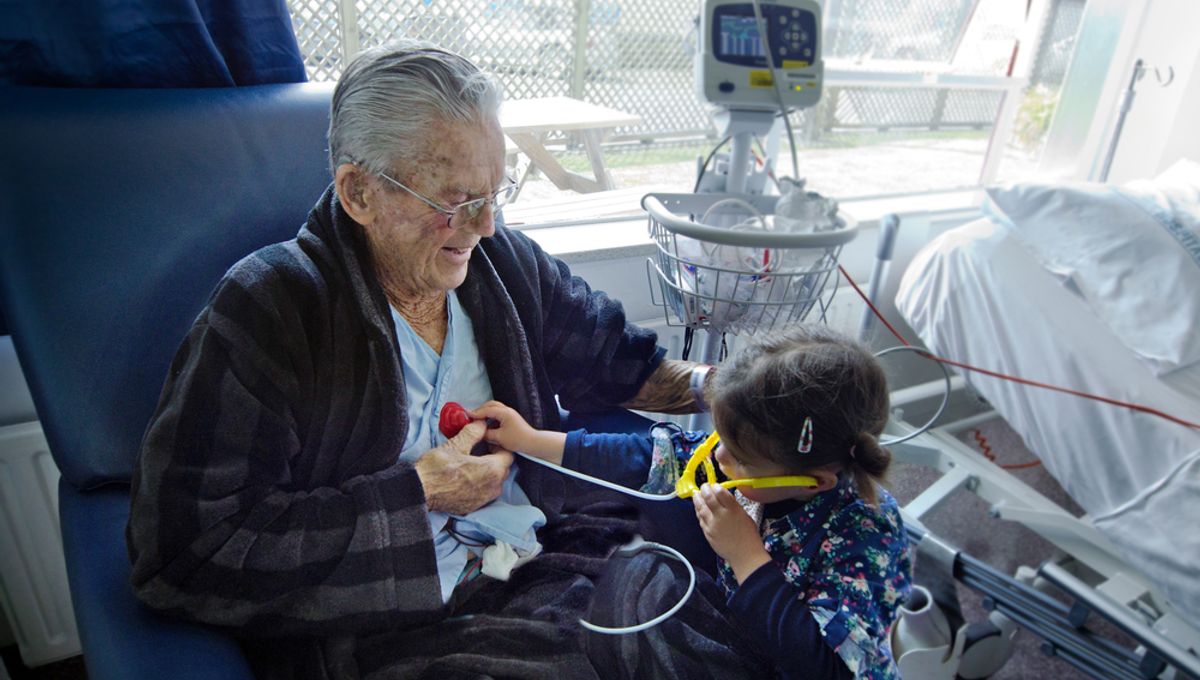
A deadly and previously incurable type of heart disease has been entirely reversed for the first time, leaving the patients with no symptoms. The team of researchers from University College London found a set of antibodies that reversed transthyretin amyloid cardiomyopathy (ATTR-CM) in three men, which would otherwise have likely caused death within four years.
ATTR-CM is a type of amyloidosis in which an abnormal buildup of the protein transthyretin causes damage to the heart and surrounding nerves. Over time, this nerve damage results in improper heart functioning and around half of all people diagnosed will die within four years. It is hereditary and often only shows later in life, most often in the 50s and 60s, but it can also be non-hereditary in some cases.
Current treatments involve treating the symptoms of the resulting heart failure and not the underlying cause, leaving the disease to progress uninhibited. Patients may experience fatigue, shortness of breath, and swelling in the legs and abdomen, and symptoms will worsen over time.
It was previously thought to be irreversible and incurable, but a new study has found some incredibly promising results.
The study follows three men, aged 68, 76 and 82, who were diagnosed with ATTR-CM. The team trawled through patient data from 1,663 people to find just these three patients who had had their conditions reversed. Looking closer at blood samples taken from these men, the researchers discovered that one of the men had a strange immune response to the amyloid proteins. They then found two more men who had had a similar remarkable recovery, which was completely different to the normal disease course in the other patients.
They managed to isolate a specific antibody that appears to bind to amyloid proteins in human and mouse tissue models, which the other 350 people the team looked at did not have. It’s possible this antibody could be behind the disease reversal and the team are now racing to investigate this.
While this antibody could have no therapeutic value, this is the first time people have been found to fully recover from this condition, offering hope that it could be possible.
“We have seen for the first time that the heart can get better with this disease. That has not been known until now and it raises the bar for what might be possible with new treatments,” said lead author Professor Marianna Fontana, from the UCL Division of Medicine, in a statement.
The study is published in The New England Journal of Medicine.
Source Link: Rare Antibody Could Reverse "Incurable" Heart Disease, Finds Breakthrough Study